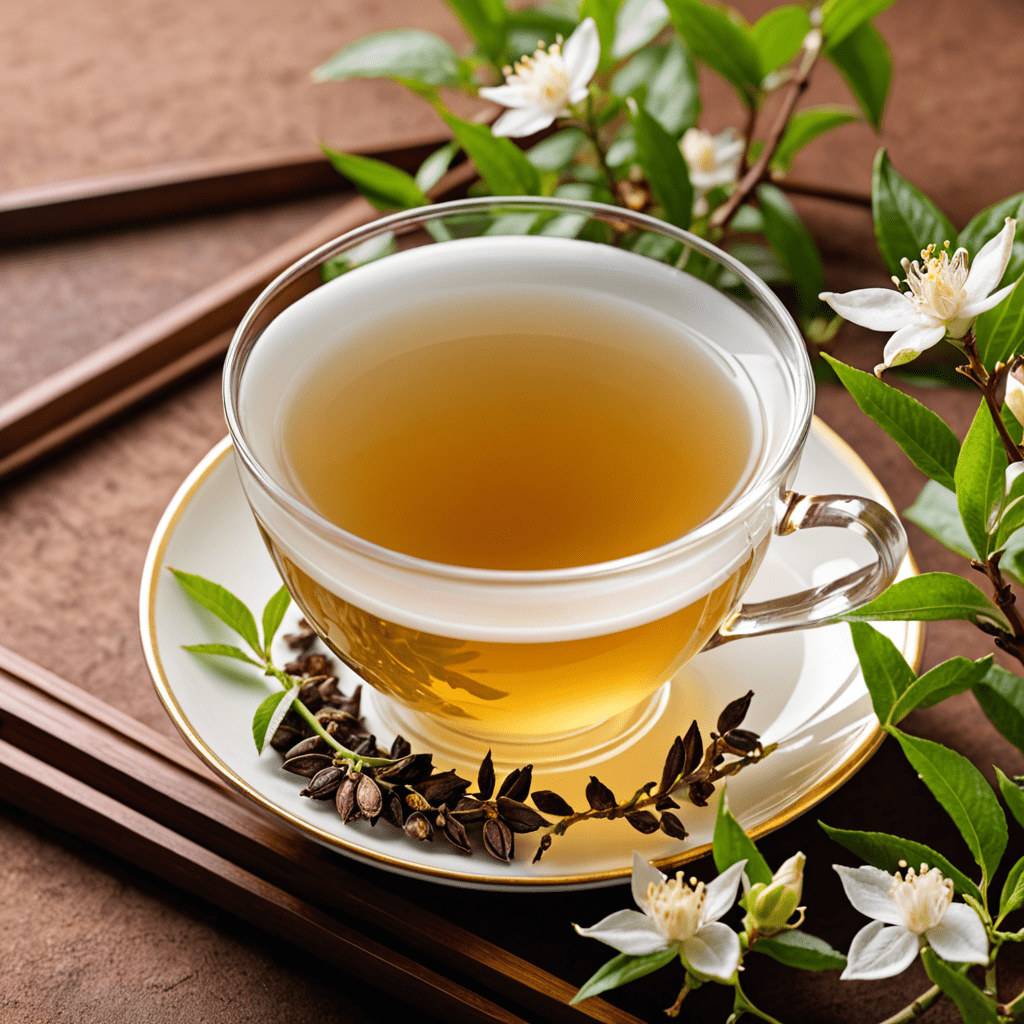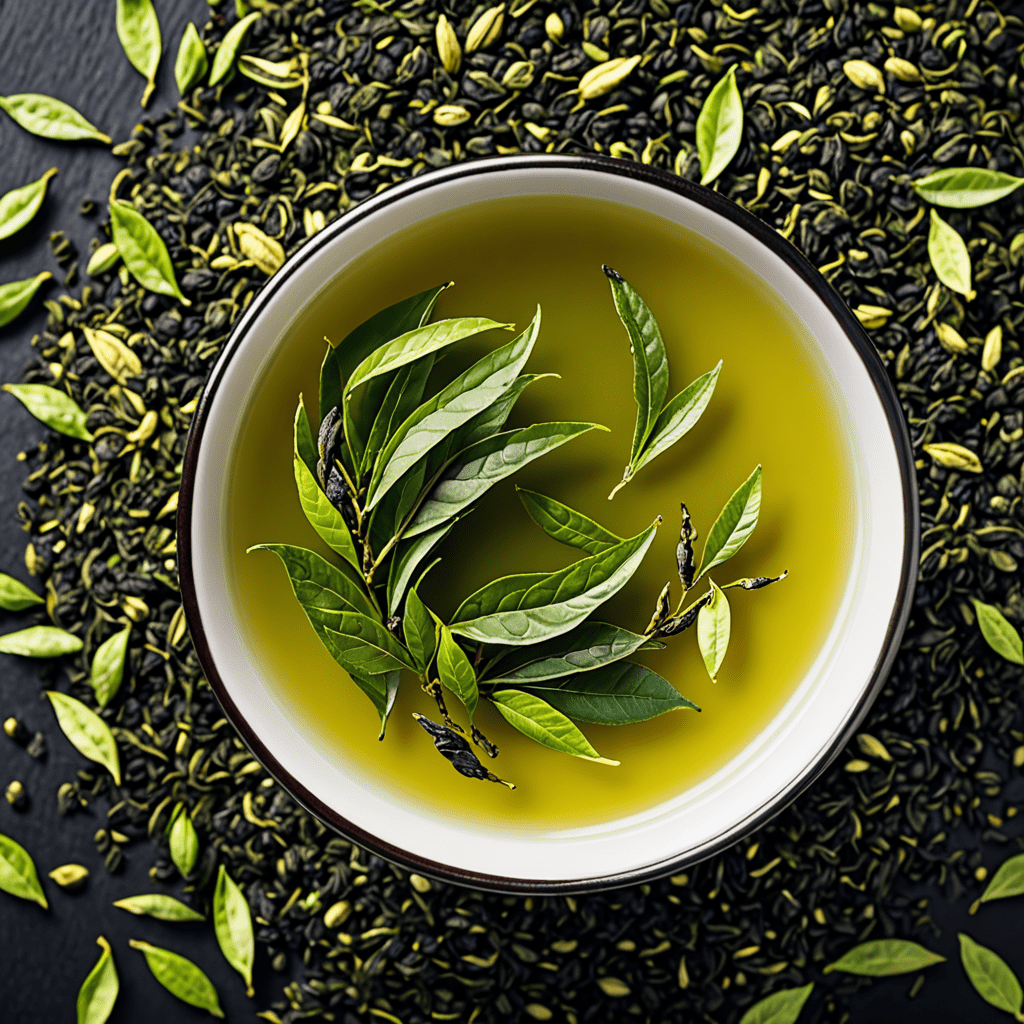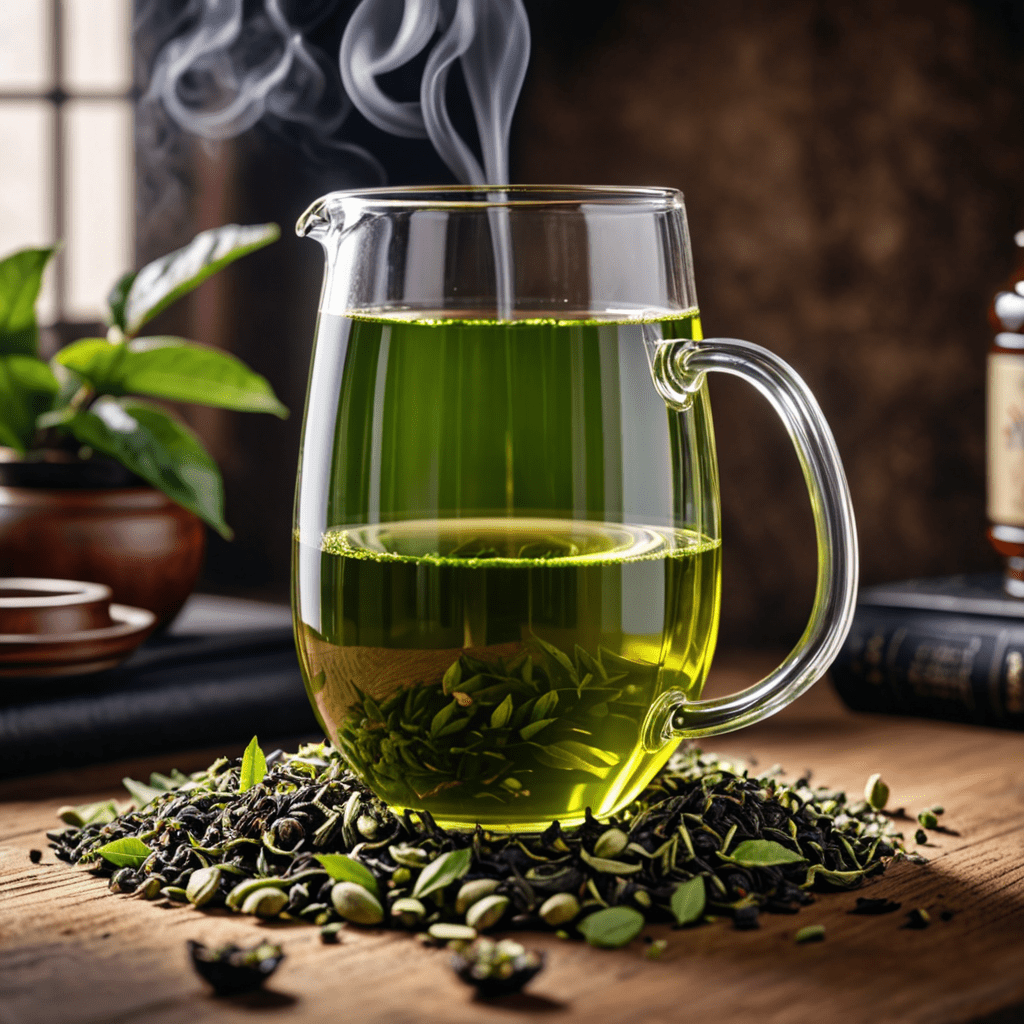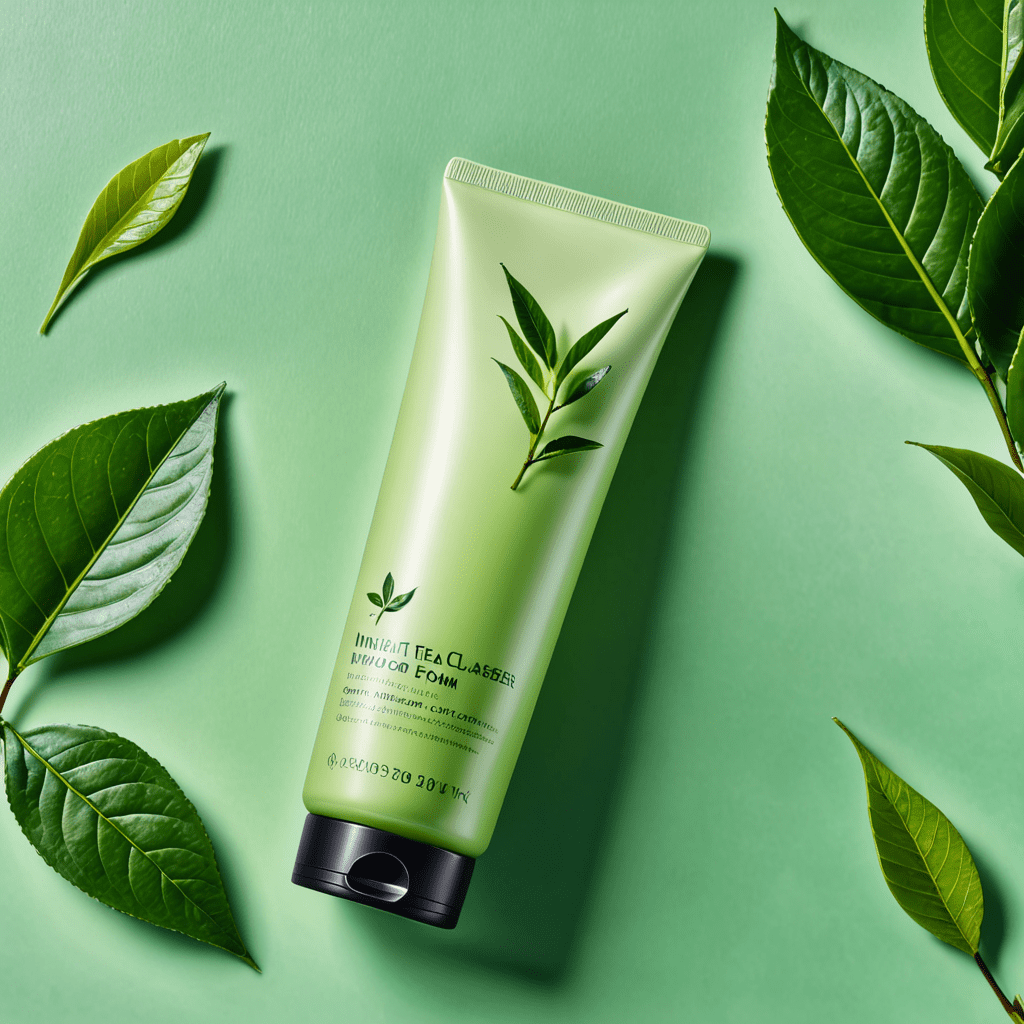White Tea: The Poetry in Every Sip
Welcome to the world of white tea, where each sip unveils a poetry of delicate flavors and health benefits. In this blog post, we will delve into the nuances of white tea, its origins, production process, varieties, brewing techniques, and the wellness advantages it offers. So, grab your favorite teacup, sit back, and sip in the essence of white tea.
The Elegance of White Tea
White tea is renowned for its subtle and refined taste profile. Originating from the Camellia sinensis plant, white tea is minimally processed, allowing the natural flavors and aromas to shine through. Its gentle processing preserves the delicate nature of the tea leaves, giving white tea a light color and a nuanced taste that is soothing to the palate.
Unveiling the Production
White tea undergoes minimal processing compared to other types of tea. The leaves are handpicked in the early spring when they are young and tender. After plucking, the leaves are withered and dried to prevent oxidation. This simple process retains the natural antioxidants and nutrients present in the tea leaves, making white tea a wholesome beverage.
Varieties of White Tea
From Silver Needle to White Peony, white tea offers a variety of options for tea enthusiasts. Silver Needle, known for its white and silver buds, imparts a subtle sweetness, while White Peony, incorporating both buds and leaves, offers a fuller flavor profile. Each variety of white tea has its unique characteristics that cater to diverse taste preferences.
Brewing the Perfect Cup
To savor the poetry in every sip of white tea, it’s essential to brew it correctly. Use filtered water heated to around 175°F and steep the tea leaves for about 2-4 minutes. This gentle infusion brings out the nuanced flavors without overwhelming the senses. Experiment with different brewing times to find your perfect cup of white tea.
Wellness Benefits of White Tea
Besides its delightful taste, white tea offers numerous health benefits. Rich in antioxidants, white tea aids in boosting the immune system, promoting heart health, and improving skin condition. Its low caffeine content makes it a soothing option for relaxation, while its anti-inflammatory properties contribute to overall well-being.
Embrace the Poetry in Your Cup
As you sip on a cup of white tea, take a moment to appreciate the poetry encapsulated in each gentle flavor. Let the tranquility of white tea envelop your senses, offering not just a beverage, but a moment of serenity in a bustling day. Embrace the elegance and wellness benefits of white tea with every mindful sip.
What is white tea?
White tea is a delicate type of tea made from young and minimally processed tea leaves. It is known for its subtle flavors, light color, and high levels of antioxidants.
How is white tea different from other types of tea?
White tea undergoes minimal processing compared to green, black, or oolong tea. The leaves are simply plucked and dried, preserving their natural characteristics and resulting in a mild and delicate flavor profile.
What are the health benefits of white tea?
White tea is rich in antioxidants, may support healthy skin, heart health, and help boost the immune system. It also has lower caffeine content compared to other types of tea.
How should white tea be brewed?
To brew white tea, use fresh, filtered water around 175°F (80°C). Steep the tea for 1-3 minutes to enjoy its delicate flavors. Avoid using boiling water to prevent bitterness in the tea.



